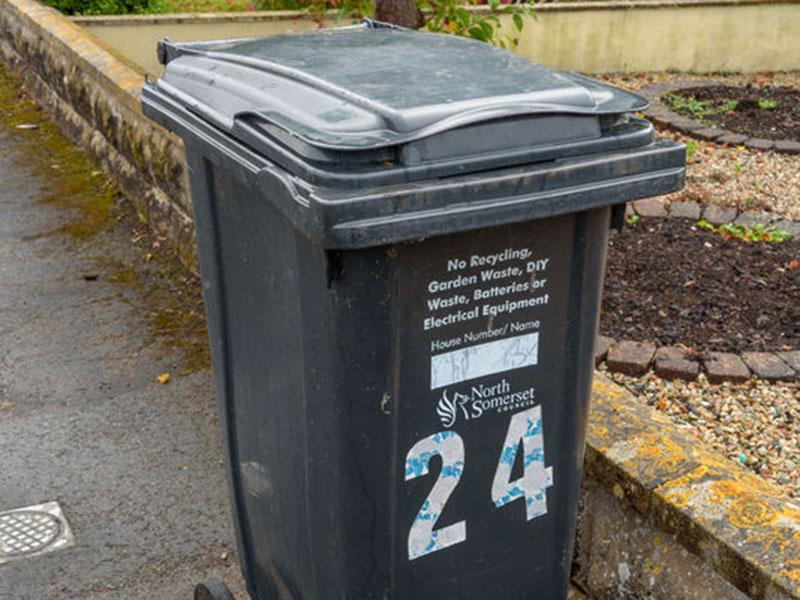Earlier this month our Executive members agreed to consult residents on proposals to switch to three-weekly collections of non-recyclable (black bin) waste in a bid to reduce waste and cut costs.
This would be in line with our recycling and waste strategy which aims to reduce non-recycled waste and reach a recycling rate of 70 per cent by 2030.
This year we will need to spend about £5m disposing of black bin rubbish.
However, an analysis of waste from North Somerset households found that almost half (45 per cent) of contents in the black bin could have been recycled instead, which would have generated an income to help pay for vital local services.
Treating and disposing of black bin rubbish costs local council tax payers about £130 per tonne.
Our separated kerbside recycling collections result in a high quality of recycling material so we can sell it and generate an income of about £30 per tonne.
The consultation will be an opportunity to understand the feasibility of these changes for people, particularly around any concerns about storing and dealing with waste, as we know three-weekly black bin collections may not work for some households.
There will also be questions about how much you currently recycle, and how the service could be improved to make it easier to recycle more.
Several other local councils in the south west have already made a successful switch to three-weekly non-recyclable rubbish collections, including Somerset, East Devon, and Mid-Devon. All have seen a reduction in non-recyclable waste, an increase in recycling rates and a financial saving.
Last year about 90,000 tonnes of waste was generated by households in North Somerset, with 40,000 tonnes of this put in black bins. 18,000 tonnes of this could have been recycled instead.
Not only will the proposed changes save council tax payers’ money, it will also help protect our environment.
We know many people are supportive and enthusiastic about recycling as much as possible, putting out their sorted recycling, including food waste, each and every week.
We’re also keen to introduce the collection of soft plastics, such as crisp packets and vegetable packaging, to help local people recycle more.
Read the report outlining the proposals on our website.
Look out for future issues of this e-newsletter and on our Facebook and X social media channels for details of when the consultation launches and how to take part.
Final proposals for a three-weekly black bin collection service will be based on the feedback from the consultation.
Executive members will then make a decision in the summer.

